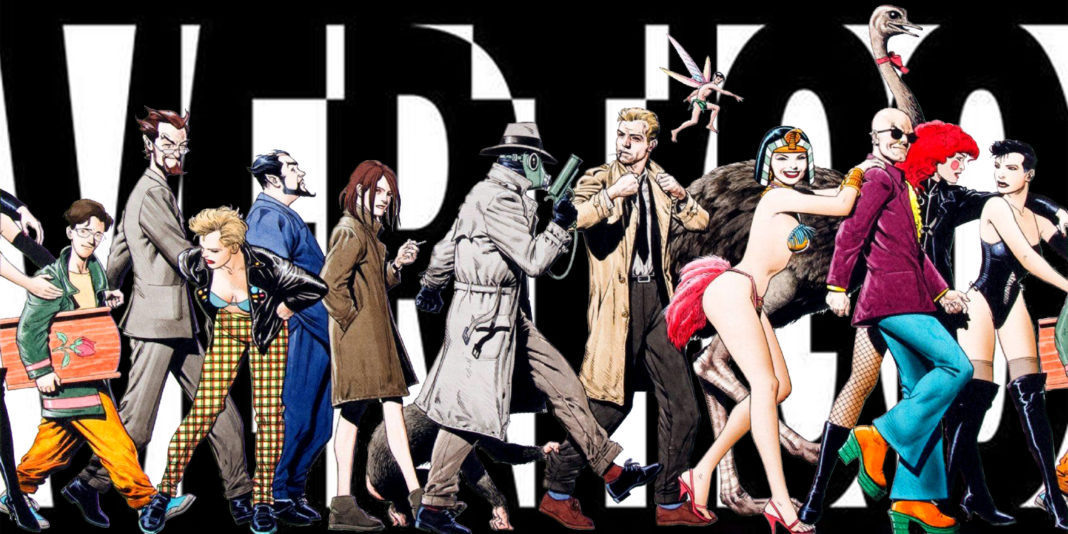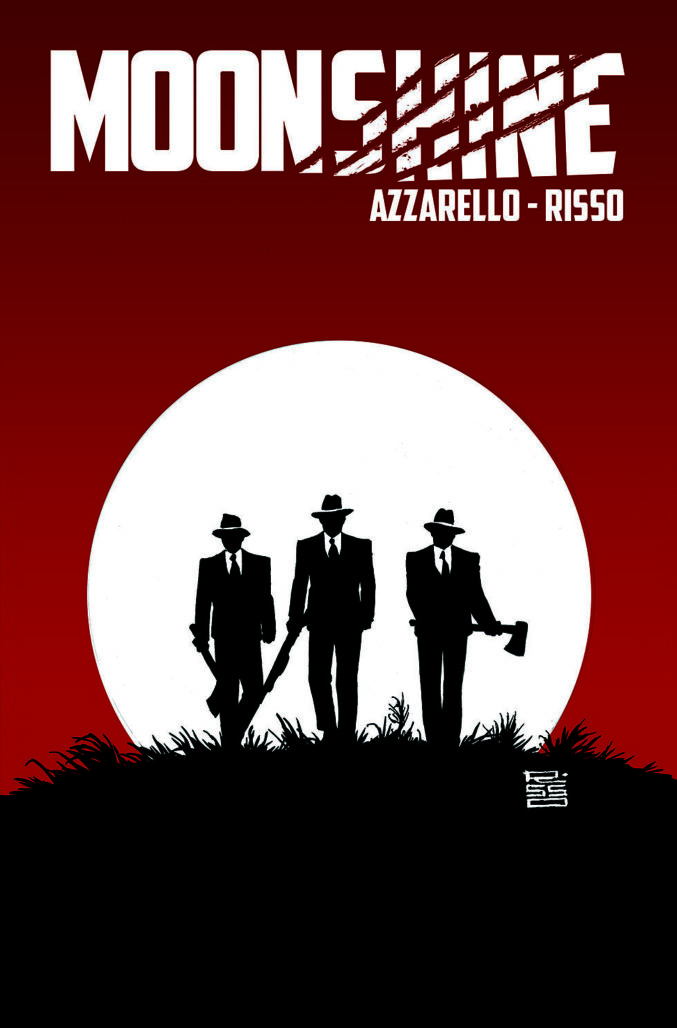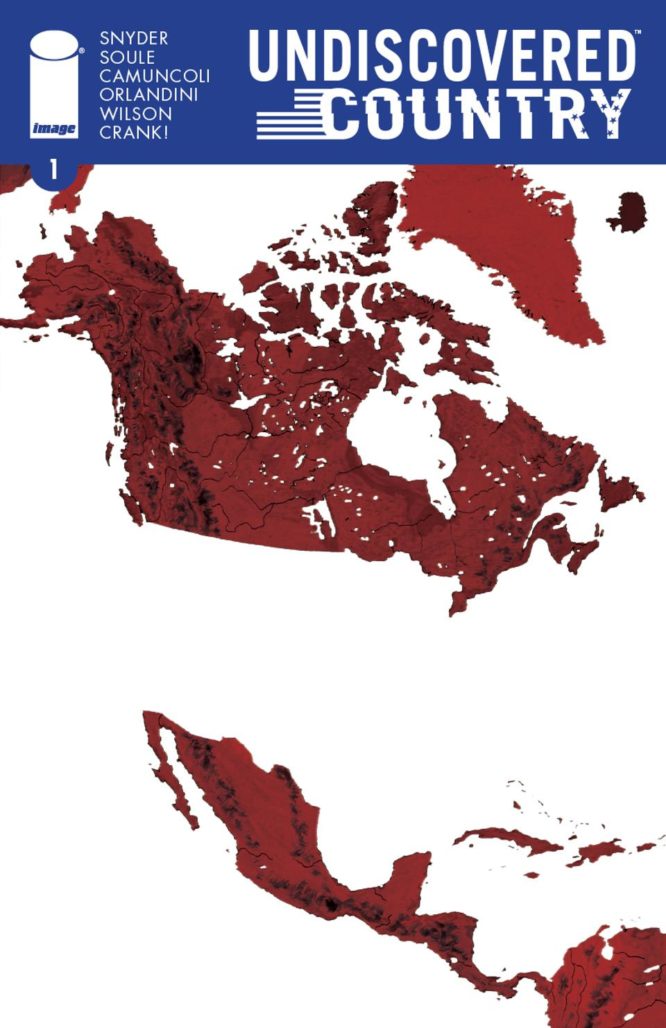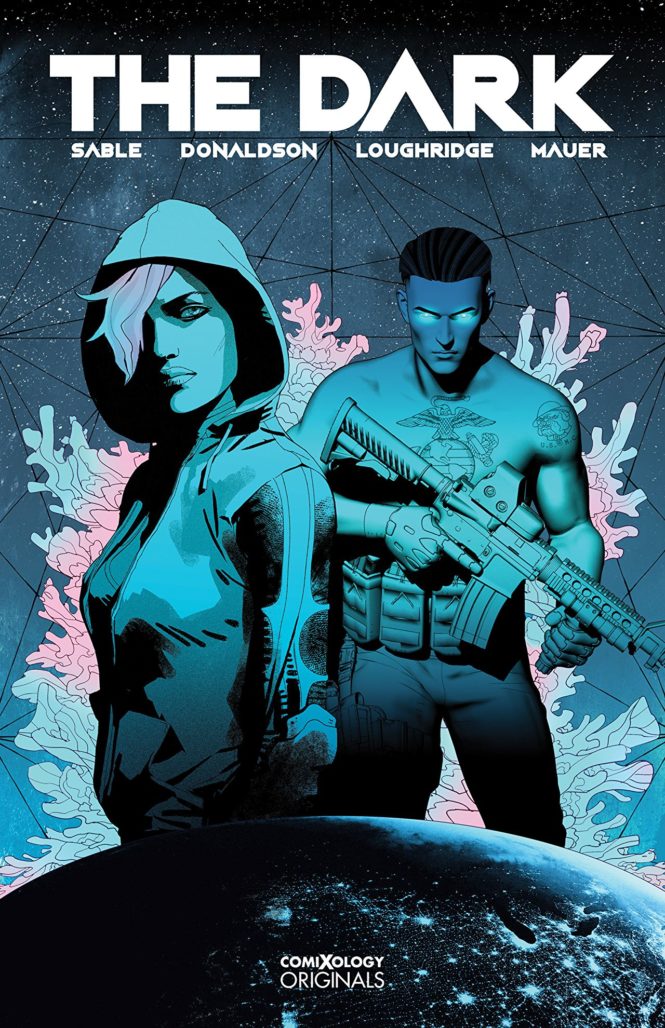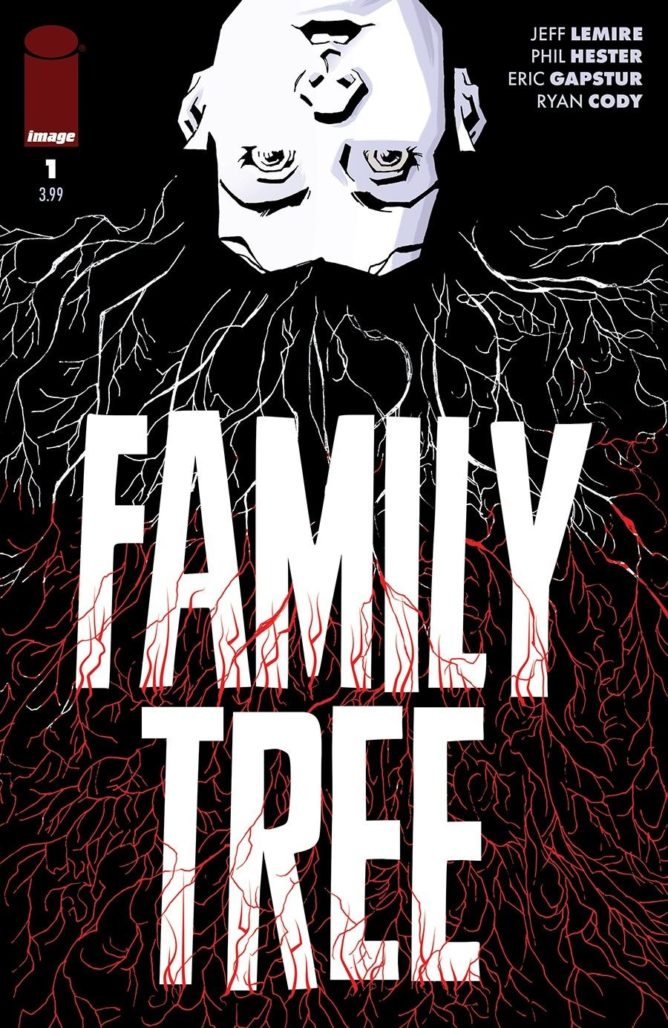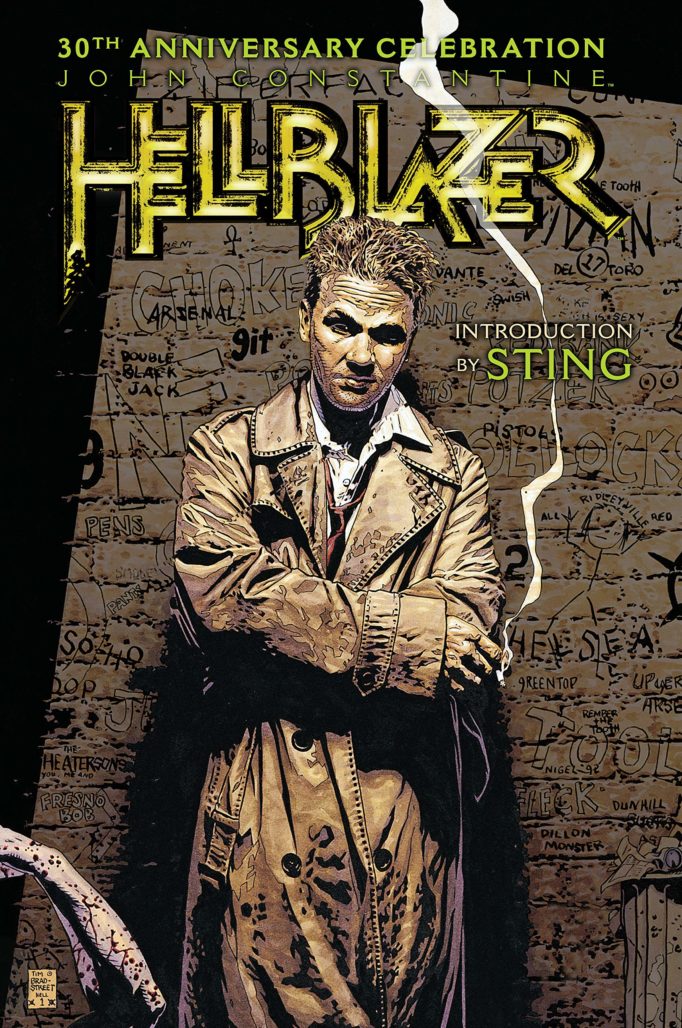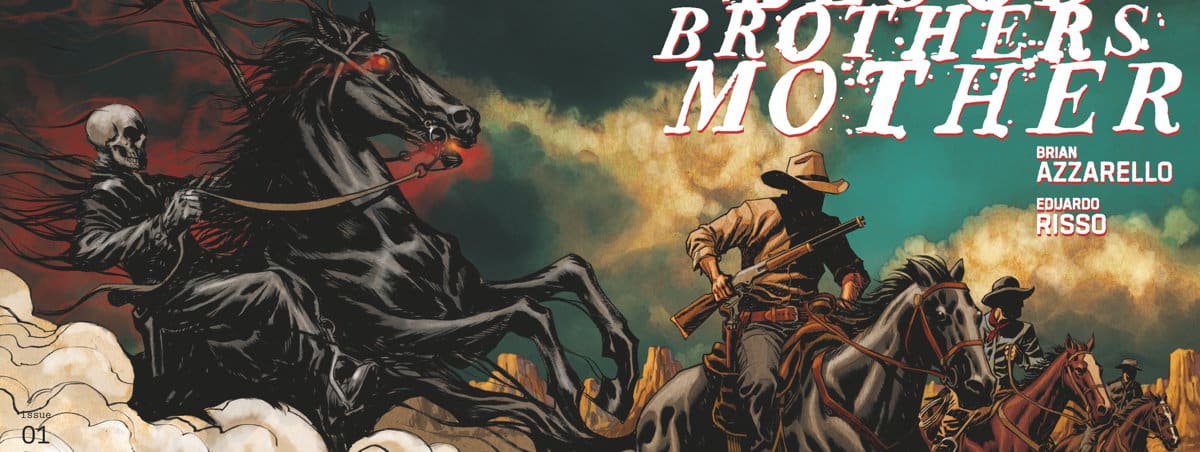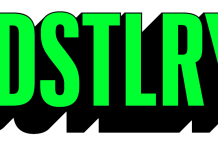Will Dennis is one of the most important editors in the storied history Vertigo Comics, the medium-redefining DC imprint which shut its doors in June. Since leaving, Will Dennis has edited almost too many comics to name for publishers like ComiXology, First Second, and, predominantly, Image Comics. After enjoying our prior interview so much, I was happy that he was interested in doing another. Read what Will Dennis had to say about his job duties as a freelance editor and his reaction to the closure of the imprint where he spent most of his professional life.
How long after leaving DC/Vertigo did you decide to become a freelance editor?
We’d been told about 18 months in advance that DC was moving to LA. I was one of the first to let them know I wasn’t going to make the move, so through all of 2014 and until April of 2015, I was weighing my options. I was going to have about a six month period where I couldn’t work for another comic book company so looking for freelance work during that time seemed like the way to go. I LOVED my job at Vertigo/DC and the idea that I would just go to work for Marvel or somewhere similar was not appealing to me. So it made sense to leverage the relationships I built over the years and see what happened.
Did you reach out to creators about editing their projects, or was it more often the other way around?
Normally they come to me with projects. It’s not like when I was at Vertigo and writers would pitch me ideas and we’d develop them to submit to someone at DC. Now writers are generally coming up with the ideas independently, talking to artists and/or speaking to Eric Stephenson at Image before I’m involved. That’s not the case on all of my books but more often than not these days, the books are under development before I’m even hired.
What’s the initial conversation like with a creator who wants to hire you? Are there certain details you want to iron out as early as possible?
Of course, it all starts with “What’s the story? What’s the idea?” That’s what gets me interested, first and foremost. Then there’s typical logistics stuff like “Who else is on the team? What’s the schedule? Is it already approved at Image (or elsewhere)? We discuss my rates and all of that, too. Usually, I just say “YES!” since the creators I hear from are doing such cool projects and I want to be in the mix.
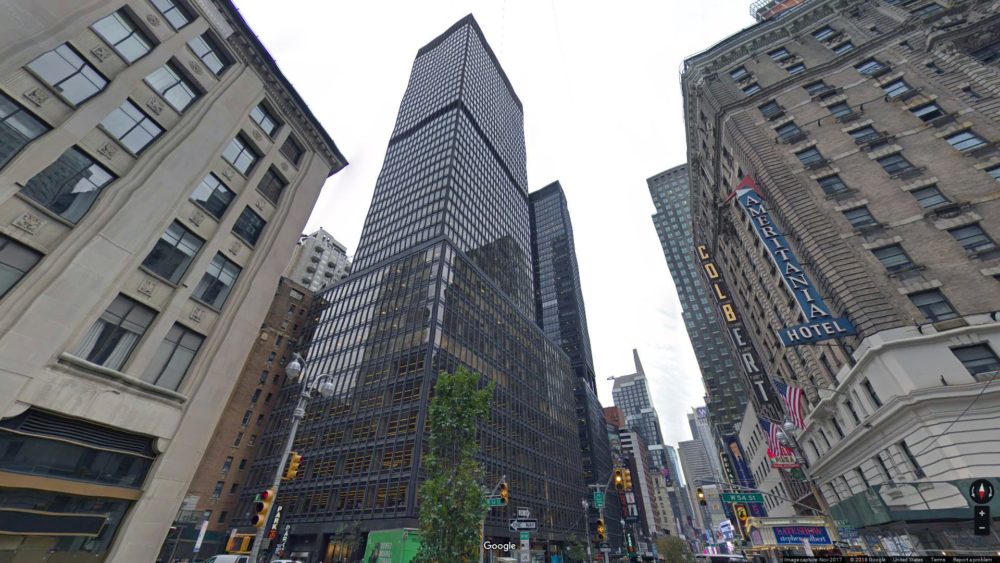
As an editor at DC, you were essentially the boss. As a freelance editor, you’re a client. Does that change the business and creative relationship?
It doesn’t really feel very different to me. I always operated at DC as an advocate and partner to the creative team. I never had a heavy hand or had to resort to techniques like “We need these pages ASAP or you’re fired!”
I think I got the best out of my teams but expressly NOT doing that or relying on the pressure of a larger company to motivate them. It’s different now that I’m not hiring people directly — people aren’t cold pitching me like they used to — but that’s a relief in many ways. I helped a lot of creators have great careers and lives, but I also had to turn down many more people over the years and that’s always been a pain point for me. I don’t miss that!
Has independence from a larger company affected your collaborative process with creators?
For sure. It definitely took time for me to adjust. There’s a lot of bureaucracy at DC and you rarely make big decisions without running it up the flagpole. Now, if we want to make a cover change, add pages, issues, etc. we pretty much just do it. Image is amazing about letting creators do their thing. It’s been a big adjustment not having to constantly ask for permission.
Do you have responsibilities as a freelance editor that you didn’t have working at Vertigo?
The big difference is that I don’t have the help I used to. At DC, we were partly responsible for the same aspects of the job — creative oversight, schedules, solicitations, marketing, invoicing, etc — but I always had amazing assistants like Mark Doyle, Greg Lockard, Sara Miller, and many more who deftly handled the minutiae. Also, while the DC bureaucracy sometimes bogged us down, it was also very robust in terms of marketing, publicity, accounting, production, sales, etc. Great people work in all of those areas at Image but I have to more involved at the granular level. It’s not better or worse, but it’s definitely different.
Most of the books you edit are published by Image. Would freelance editing be possible without a publisher with its unique business model?
I don’t think so. I’ve done some freelance work for DC (the infamous Batman: Damned!), First Second, and the folks at Comixology Originals. They’ve been amazing but none of that is enough to sustain a full-time job. It’s important to diversify the publishers you work with, but without Image, I’d have to be full-time on staff somewhere or doing something else entirely, which would suck since I’m not qualified to do anything else at this point in my life!
Vertigo shut down about five months ago. What was it like to hear the news as someone who played an important role in its success?
It was sad, for sure, like learning that the first love of your life had passed away or something. It seemed inevitable and from a publishing standpoint and makes total sense to me, but I was very sad about it. I spent the lion’s share of my working life there, made lifetime friends with amazing creative people, provided a good living for my family, and got to do a job I loved every day. I never took it for granted and would have been happy to stay there forever, so yeah, it hurt.
Former Vertigo editor (and The Beat’s Editor-in-Chief) Heidi MacDonald and I organized a Vertigo “wake” this year during NYCC and invited all the friends, families and professionals we could think of to celebrate all the years of great comics. It was important to us that Karen Berger be there and see in person the amazing legacy she has left. The place was PACKED and everyone had a great time. Karen was very touched and I was so happy to send old Vertigo off in style.
What impact do you think the imprint’s closure will have on the comics industry in the years to come?
The imprint changed the direction of comics for the better and forever. Creators were given the freedom they needed and ownership of their creations. it wasn’t a perfect arrangement always but it opened the doors to places like Image to be able to provide the great freedoms they now provide. Closing it down won’t really make a difference…the legacy is what matters and that’s going to endure in big and small ways for as long as people are making comics.
Will Dennis is the editor of (takes a deep breath) Ascender, Dead Eyes, Deadly Class, Death or Glory, Family Tree, Gideon Falls, Low, Moonshine, Sea of Stars, Seven for Eternity, Undiscovered Country, Adora and the Distance, The Dark, Liebestrasse, Promethee 13:13 and Batman: Damned. Check out as many of those series as you can and keep an eye out for anything else with his name on it!
Matt Chats is an interview series featuring discussions with a creator or player in comics, diving deep into industry, process, and creative topics. Find its author, Matt O’Keefe, on Twitter and Tumblr. Email him with questions, comments, complaints, or whatever else is on your mind at [email protected].


